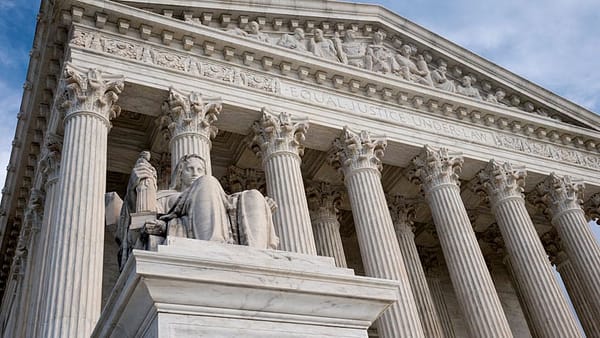Independence Day

It is customary this holiday week to remind ourselves why the American colonies declared their independence from Britain some 240 years ago. The Declaration of Independence provides the answer in the form a list of tyrannical acts attributed to King George III. Among their grievances, the authors cited the "swarms of Officers" that the King sent out to harass and steal from them, the creation of "arbitrary government" for the purpose of imposing "absolute rule" and the imposition of taxes without their consent. "A Prince" they said, "whose character is thus marked by every act which may define a Tyrant, is unfit to be the ruler of a free people."
Recently there was another declaration of independence, this time in the form of the vote by Great Britain to exit from the European Union. Among the reasons given for this vote is unhappiness over EU micromanagement of the UK economy. One source cites EU directives regulating the legal size and freshness of bananas, the electrical conductivity of honey and the pricing of food products like eggs by weight rather than number. Another indicates that there are five EU regulations governing pillow cases, 118 governing shampoo and 210 governing spoons.

